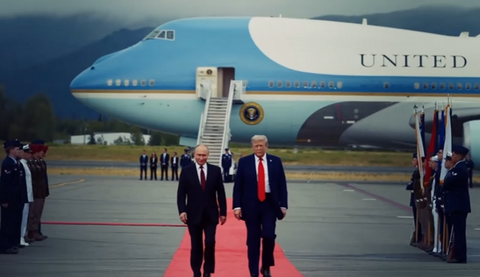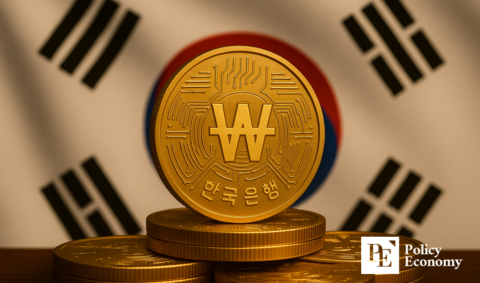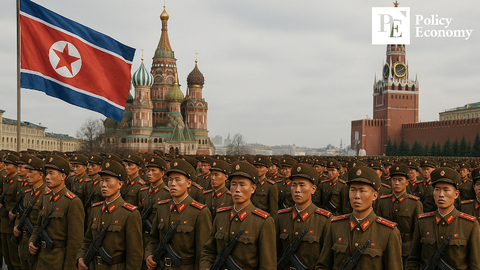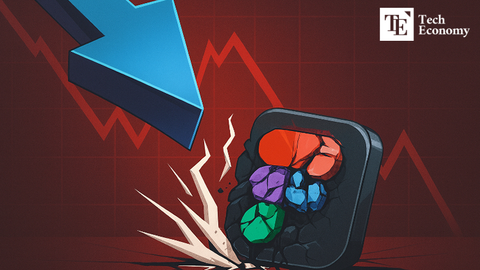Zelensky responds to Putin's ceasefire proposal — "Is the Russia–Ukraine war nearing its end?"
Input
Changed
Initially insisted on “ceasefire first,” but shifts stance under pressure from meeting with Trump Talks to resume on the 15th in Turkey
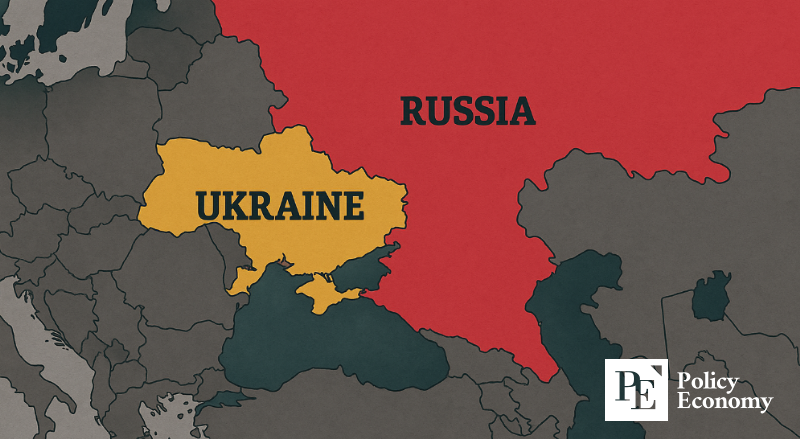
Ukrainian President Volodymyr Zelensky has expressed his willingness to hold peace talks with Russian President Vladimir Putin, responding to a direct request from U.S. President Donald Trump. As Putin made a surprise offer for direct dialogue and Ukraine conditionally accepted, attention is now focused on whether this could break the deadlock in the stalled peace process.
Zelensky: “I’ll Be Waiting for Putin in Turkey”
According to Reuters on the 12th (local time), President Zelensky announced on X (formerly Twitter) the previous evening, “I’ll be waiting for Putin in Turkey on Thursday (the 15th). In person.” Earlier that day, President Putin had proposed resuming negotiations in Istanbul, Turkey, on the 15th during a press conference. Despite previously declaring a unilateral short-term ceasefire while continuing airstrikes, Putin abruptly showed a conciliatory attitude toward negotiations. In turn, Zelensky responded with a bold counterproposal, raising the stakes to a “summit-level” meeting.
According to Yuri Ushakov, a foreign policy adviser at the Kremlin, the peace talks with Ukraine will consider both the shelved 2022 peace proposals and the current situation. That includes the content of the 2022 Istanbul joint statement and Russia’s ongoing occupation of significant Ukrainian territory.
This suggests that Russia may demand Ukraine not only to reaffirm its neutrality and forgo NATO membership, as outlined in the 2022 talks, but also to officially recognize the territories currently occupied by Russia as Russian land. Despite the failure of the 2022 Istanbul talks, Russia has consistently argued that an agreement is still possible based on the joint statement. Steve Whitkoff, the U.S. special envoy mediating the Ukraine conflict, has also cited the Istanbul statement as a potential roadmap for peace.
European Powers: “Russia Shows No Will for Ceasefire – Sanctions Must Be Strengthened”
Zelensky’s shift came after pressure from President Trump, who posted a message on social media on the 11th urging Zelensky to meet with Putin immediately. This was followed by Zelensky’s announcement of his changed position.
At the same time, the so-called “Weimar Plus Group”—comprising the UK, France, Germany, Poland, Italy, Spain, and the European Union—also called for a full ceasefire by Russia. The group discussed ways to bolster Ukraine’s security and, in a joint statement, declared: “Russia has shown no serious intent to make progress, and a ceasefire must happen immediately.” The group further pledged to implement strict measures to weaken Russia’s war capability, including tightening import restrictions on the Kremlin, cracking down on shadow fleets, reinforcing the oil price cap, and reducing imports of Russian energy.
French President Emmanuel Macron stated that Kyiv has repeatedly shown willingness to make concessions in order to reach a difficult but sustainable peace. Speaking to reporters, Macron said, “If President Putin genuinely wants peace, we are ready to respond accordingly. If not, stronger sanctions must be imposed.” UK Foreign Secretary David Lammy echoed this sentiment, saying in London: “Now is the time for President Putin to take peace, ceasefire, and real negotiations in Europe seriously.”
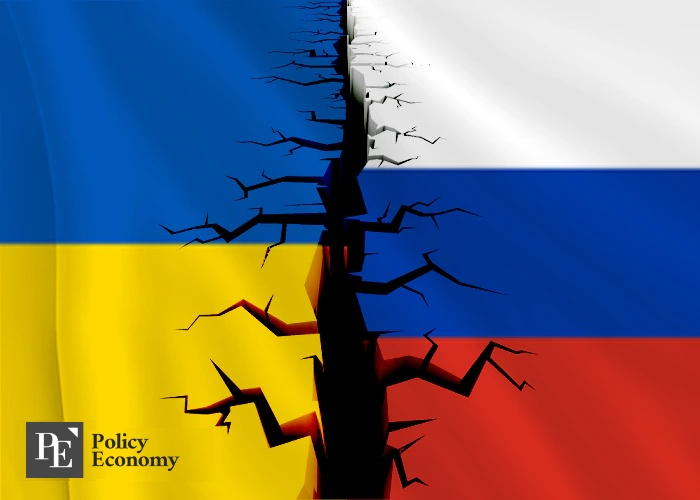
If Putin and Zelensky Meet, It Would Be the First Time in 5 Years and 5 Months
With high-stakes maneuvering between the three parties, all eyes are on whether the May 15 talks will take place as planned. Turkey, the proposed host of the meeting, has stated its full support. However, speculation remains over whether the summit will actually happen and who will be present at the negotiation table. Given standard diplomatic practices, which usually involve extensive groundwork by working-level and senior officials before a summit, many analysts see a meeting between the two adversarial leaders on such short notice as unlikely.
Putin has also questioned Zelensky’s legitimacy, arguing that his presidential term has expired—casting further doubt on the feasibility of the meeting. If Putin does not attend in person, Ukraine may also refuse to participate.
Al Jazeera commented, “If Putin doesn’t show up, it signals Russia has no intent to stop the war,” and described Zelensky as “playing a game of political chess.” The BBC added, “While both sides have agreed in principle to resume talks, negotiations and actual agreement are two very different things,” emphasizing the wide gap in their positions.
If Putin and Zelensky do meet in Istanbul, it would be the first face-to-face meeting between the two in 5 years and 5 months—since December 2019, when they met in Paris along with German and French leaders under the “Normandy Format” to mediate the conflict in Eastern Ukraine’s Donbas region. The Normandy Format refers to the four-way talks between Russia, Ukraine, Germany, and France aimed at resolving the conflict between Ukrainian government forces and pro-Russian separatists in the Donbas region.
Coincidentally, the potential May 15 summit would take place while U.S. Secretary of State Marco Rubio is in Turkey. Rubio is scheduled to attend informal NATO foreign ministers’ meetings in Turkey from May 14 to 16. If the summit proceeds, it is possible that Rubio could take on a direct mediation role on-site.
Meanwhile, President Trump’s movements in the Middle East are also drawing attention. From May 13, he is on a four-day tour of Saudi Arabia, Qatar, and the United Arab Emirates (UAE). According to The Washington Post, Trump’s first overseas trip since returning to power is expected to focus more on business deals than geopolitical issues. Rubio, who is in the Middle East from the 11th to 14th, is expected to share information with Trump regarding the potential Putin-Zelensky summit before heading to Turkey and may actively assist with mediation efforts.



